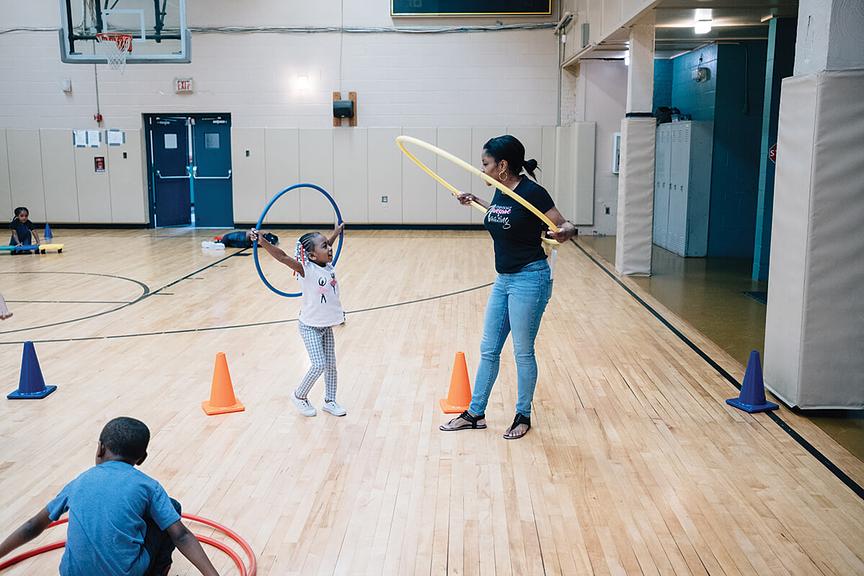The stories and science of human resilience tell us that children who have overcome poverty and adversity have had at least one positive human relationship with a caring adult. In fact, such relationships serve as the "active ingredient" of healthy human development, without which few practices, programs, or policies can make a meaningful or lasting impact. To improve the quality of children's care and education, especially in resource-deprived communities, our collective action needs to be guided by this essential question: "How do we encourage, enrich, and empower the human relationships around children?"
Simple Interactions (.org) is a collaboratively developed, broadly applied, and freely accessible set of tools and resources to guide teachers, parents, social workers, policymakers, and others to recognize and promote the most important resources in children's lives – their adult helpers. Our approach began with a simple, one-page illustration that captures the essence of what is inside a human interaction that helps a child learn and grow. The underlying elements are not novel, but enduring, well-known, scientific principles of human development – connection, reciprocity, opportunities to belong and to grow. The innovation is to make such big ideas simple, (freely) accessible, language-independent, and culturally universal. The Simple Interactions tools have been used as lenses to examine, analyze, discuss, and improve human interactions anywhere children live, learn, and grow. We support and facilitate communities to use observations, stories, and videos of authentic practices to identify what is already working in their daily practice and widen and deepen the impact of these practices.
Developed first for use in China with orphanage caregivers to discover their own powerful practices helping orphans with disabilities, collaborative teams based in Pittsburgh have since adapted the tools for use across the region and the Remake Learning Network. These teams have applied Simple Interactions to understand and strengthen human interactions in low-resource childcare centers, high-poverty public schools, out-of-school youth development programs, Children's Hospitals, museums and maker spaces, group homes, and with crossing guards on street corners. Through invited keynote addresses and workshops, the tools and messages have traveled to over 25 states and 4 countries, supporting practitioners, community leaders, and policymakers at state and federal levels.
Across these contexts, the application of Simple Interactions enables the following transformations:
1) Allows communities of children's helpers to affirm, discover, and strengthen their own practices with children without being passive recipients of top-down research-prescribed or regulation-mandated solutions.
2) Integrates science and application with powerful messages and video illustrations to focus stakeholders across entire child-serving systems (e.g., teachers/administrators/regulators) on what matters most: the quality of human relationships.
3) Advances equity by dispelling the false equivalence between "quality" and "high-resource settings," advocating at statewide, national, and international platforms the importance of finding and growing what already works even in resource-deprived communities.
To support these efforts, the collaborative teams have successfully maintained the following implementation goals:
1) Using the Creative Commons License to make every tool and resource associated with Simple Interactions free for non-commercial use in perpetuity.
2) Maintaining financial sustainability through a variety of grants and contracts from federal agencies, state governments, and foundations, as well as funded partnerships with non-profit organizations.
3) Acting Locally, growing deeply in a few communities, and Thinking Globally, taking the messages across states and countries to support others to grow the ideas.

